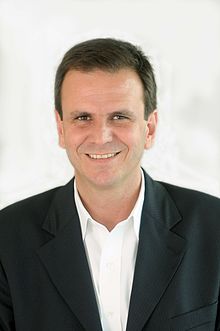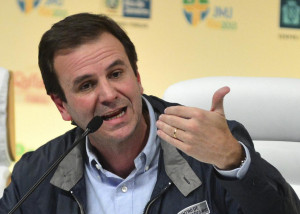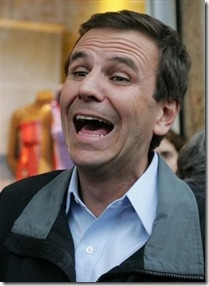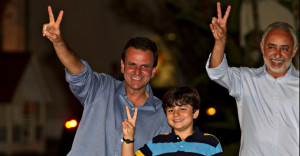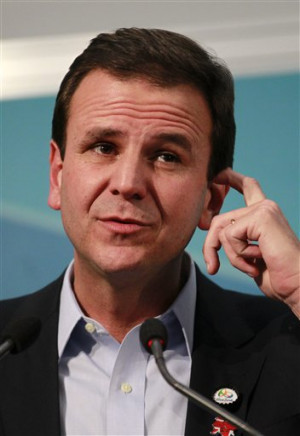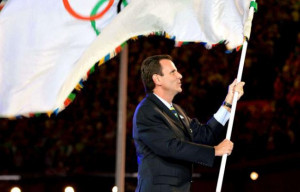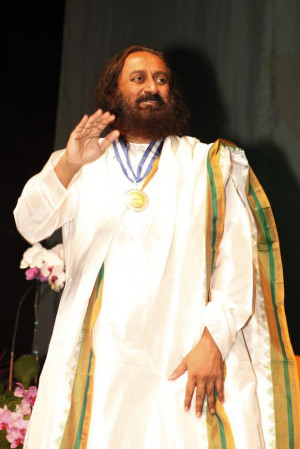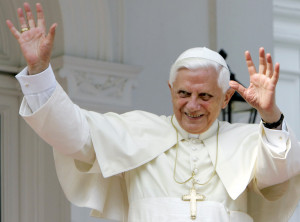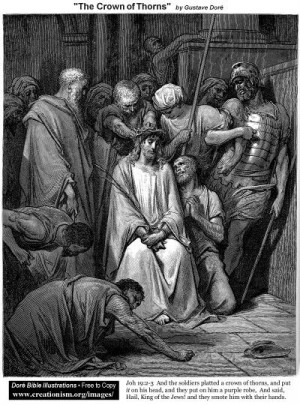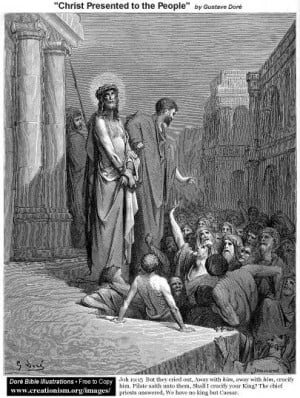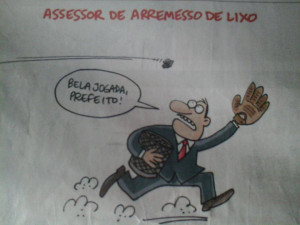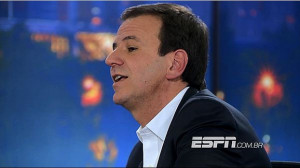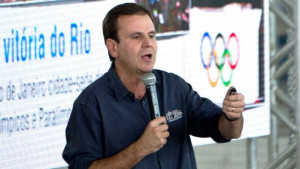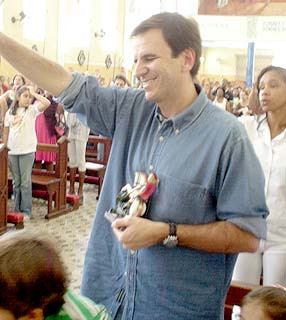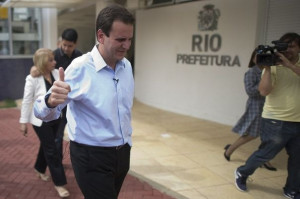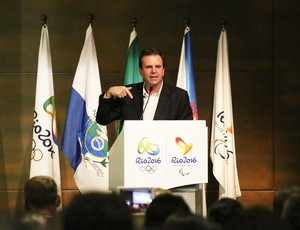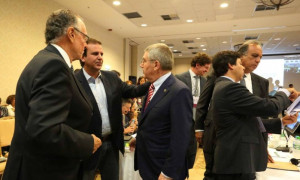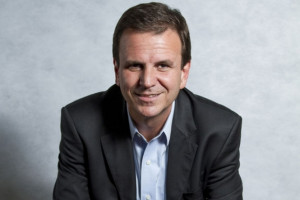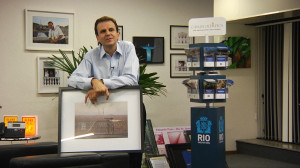Eduardo Paes — Brazilian Politician born on November 14, 1969,
Eduardo da Costa Paes is a Brazilian politician who is the mayor of the city of Rio de Janeiro, having defeated Fernando Gabeira in the 2008 Elections. On 12 August 2012, at the 2012 Summer Olympics closing ceremony, Paes received the Olympic Flag, via Jacques Rogge, from London Mayor, Boris Johnson... (wikipedia)
Globalization has produced a new of level of interdependence among us. The economy and multinational supply chains do not abide by political boundaries. A computer ordered in Brazil is designed in California and assembled in several other countries. Economic integration was the first strong evidence of a new era.
Hosting the Olympic Games of course guarantees the world's attention, but there is more to it than simply bathing in the global spotlight. Most importantly, host cities can use the opportunity to create a positive and lasting legacy, resulting in both tangible and intangible returns to local communities.
There is no time and space limitation for public accountability on the Internet. Creative commonality is standard and does not resemble the authoritarian style of the dead communist experience. It seems that it is no longer society's obligation to understand legislation; it is a duty for governments to be understood by their people.
What we are witnessing is the birth of something I call 'Polisdigitocracy.' This is a form of government that counts participation and transparency as its cornerstones and uses technology as its guide. The digital revolution is allowing democracy to recall its foundations and evolution is modernizing and reinforcing our fundamental values.
